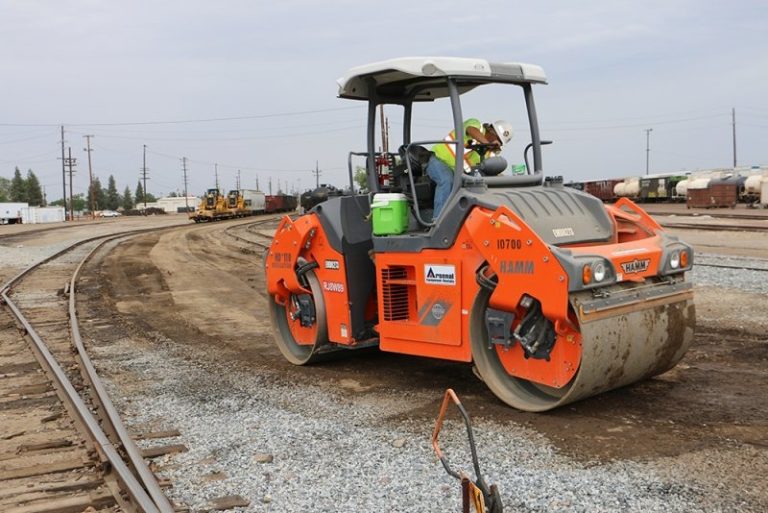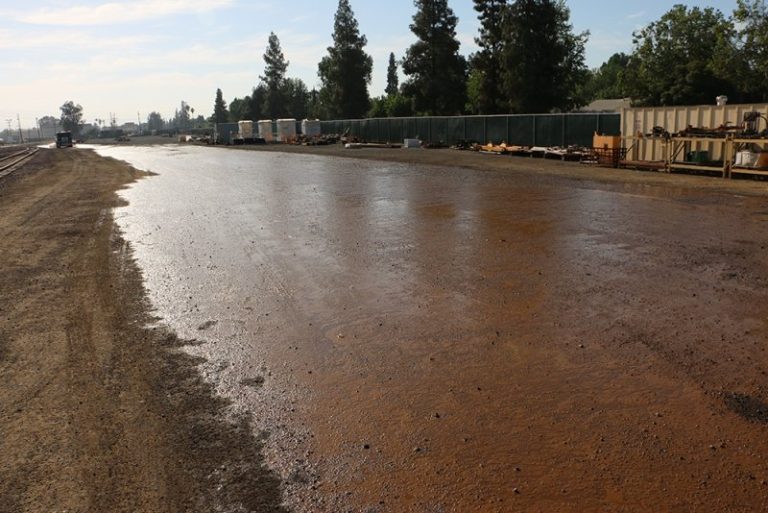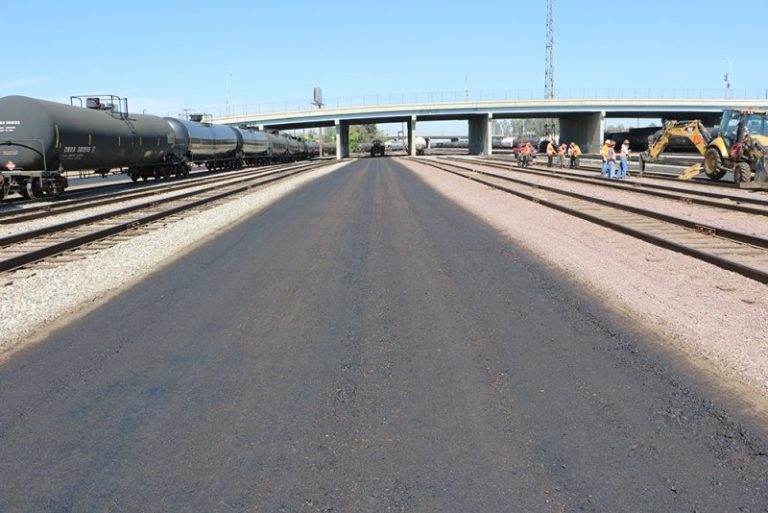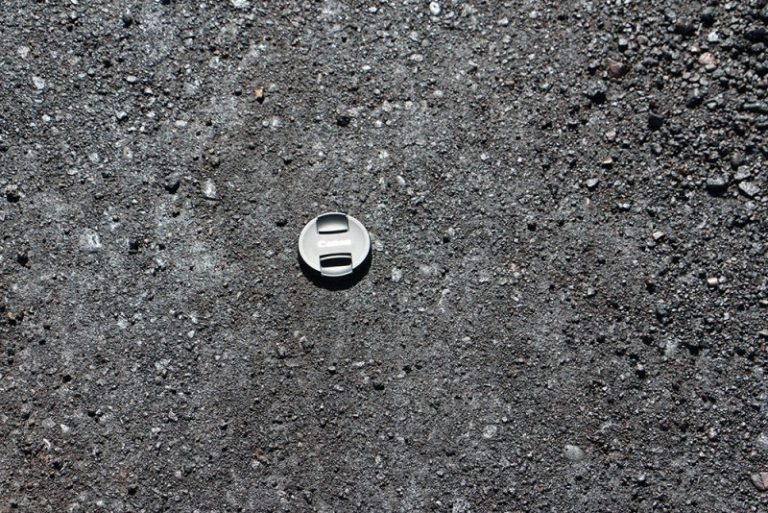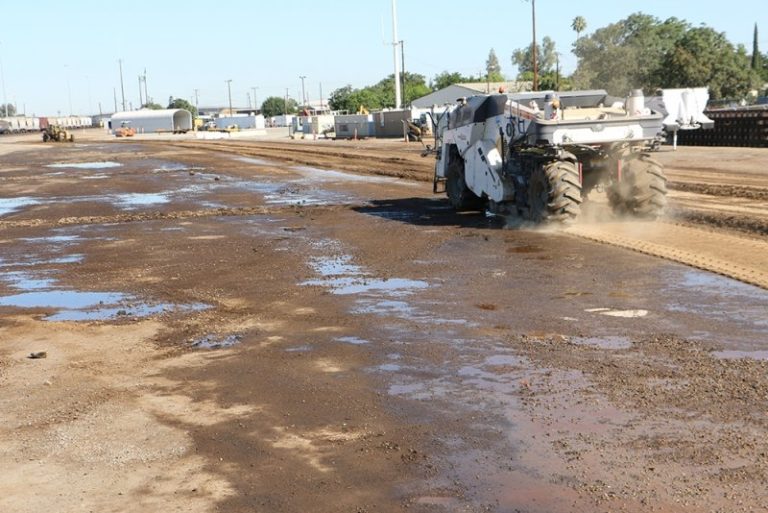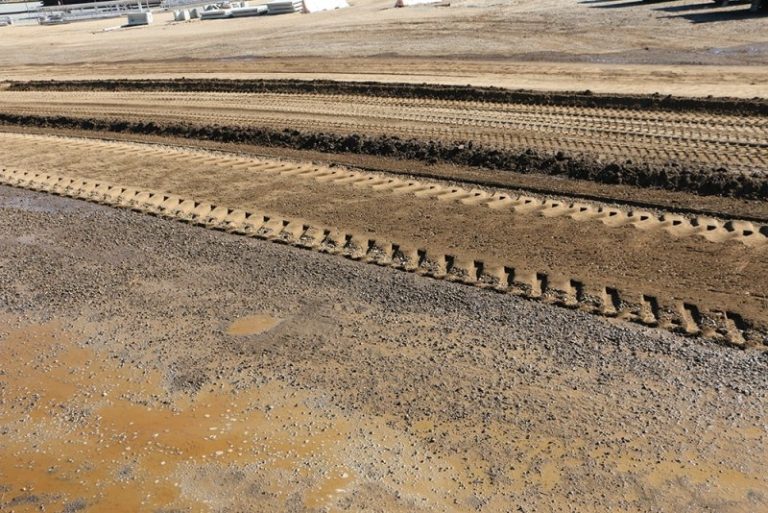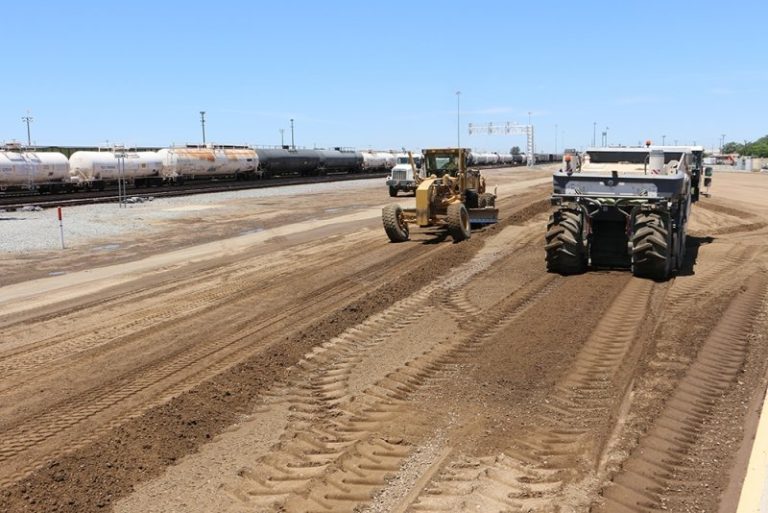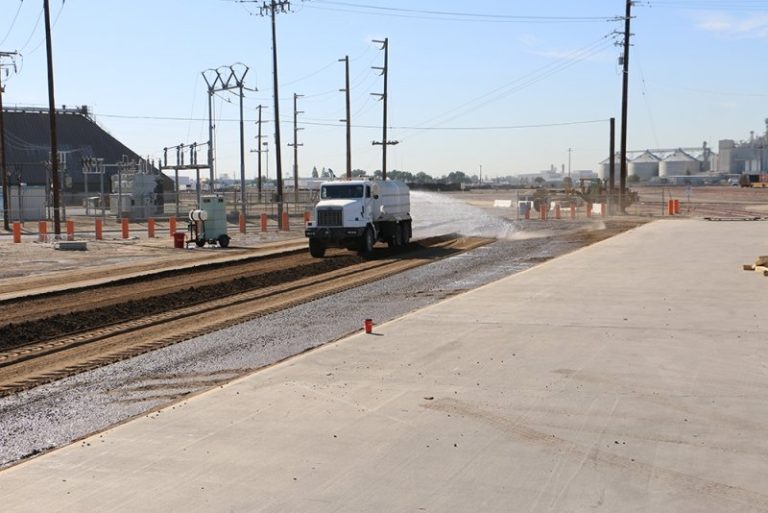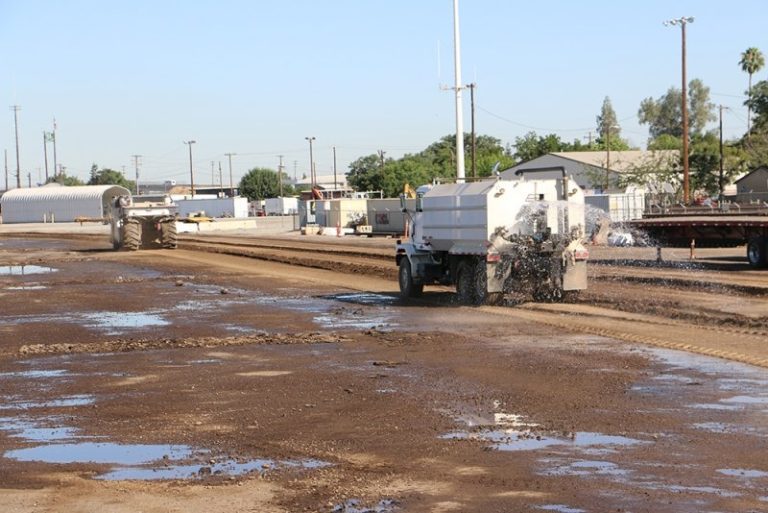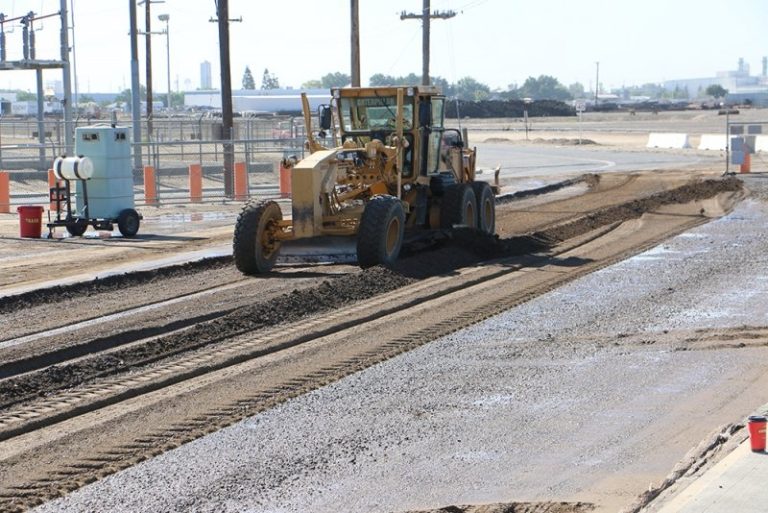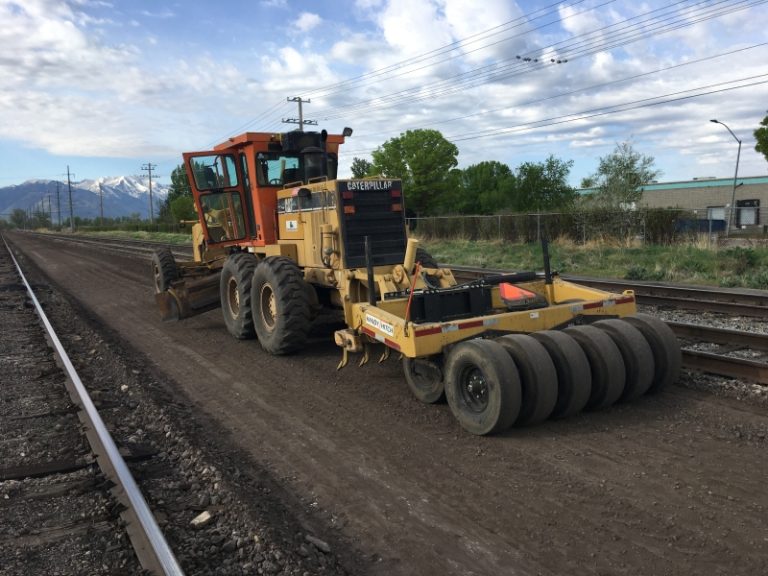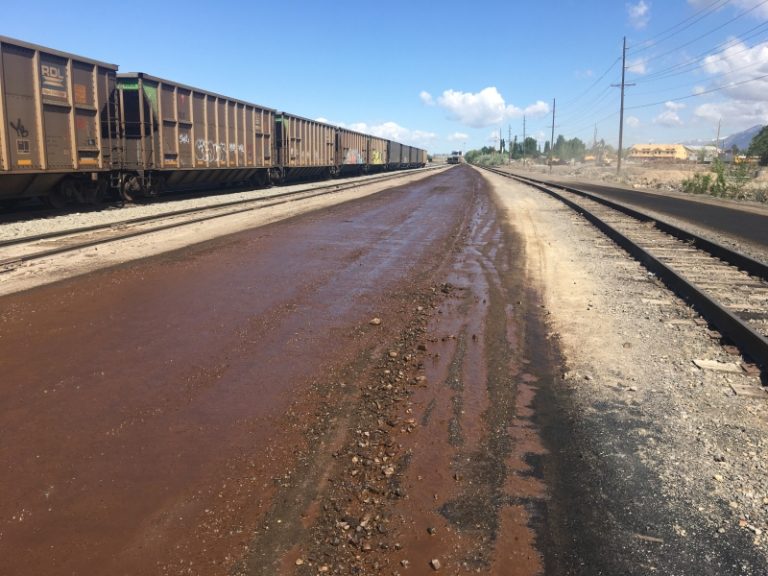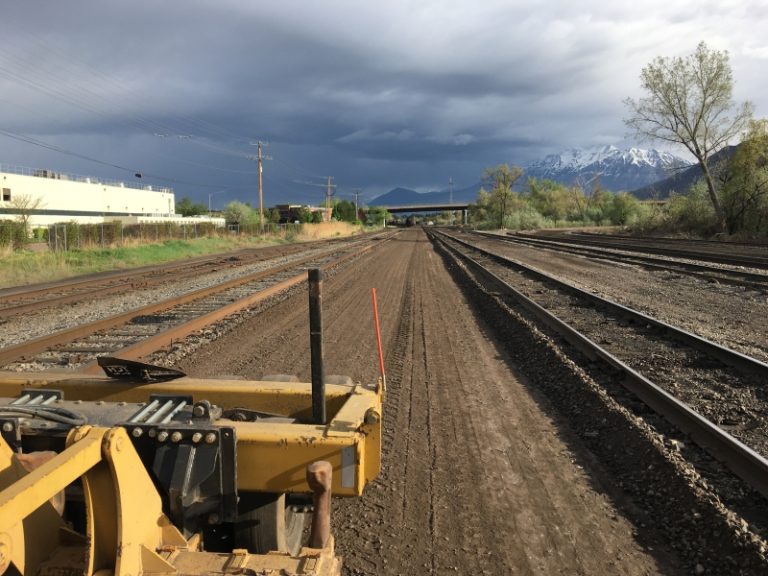Industries
Railway
Dust Control and Road Regeneration
Maintenance of rail terminals is starting to change from spreading gravel to fixing pot holes and rutting as they develop, to long term solutions with Earthbind® Stabilizers. Over time using short term solutions the gravel is pushed below the surface allowing the fine grain soil to migrate to the surface causing dust emissions, pot holes, and wash boarding, making topical dust abatement adhesion difficult.
We have several options available to the Railroad industry, all financially and environmentally responsible.
Purpose of Dust Control and Road Regeneration
- Increased EmployeeHealth and Safety
- OSHA/DEP Environmental Compliance
- Reduction of PM-10 and PM-2.5
- Increased Track Side Visibility
- Reduction of Maintenance Budget
Towards Elimination of Airborne Particles from Rail Traffic
VerFinal detailing safety issues in the rail industry.
Regeneration of Aggregate
The process begins with making a stable surface by recapturing existing aggregates below the surface. Recycling these aggregates using specialized equipment eliminates the need to import new material
Grading and Compacting
After recycling the aggregate, roads are graded and compacted using conventional equipment
Application of EarthBind® 100
EarthBind-100 is applied using a computerized spreader truck. This ensures uniformity of the proper dosage rate.
End Results
- Employee Safety
- Stable roads that are dust free
- Reduction in maintenance costs
- Environmental Compliance
- Increased Visibility
- Keeps traffic in designated areas
- Environmentally Friendly
Industries
Downloads
- Railway Track Road Stabilization
- Mining Application Protocols: Topical and “Mini Stabilization” Techniques
- Asphalt Emulsion Manufacturing
- TopicalDeep Stabilization Application Protocols
- Earthbind® Safety Data Sheet
- Earthbind® Stabilizer Product Information Packet
- Earthbind® MSDS
- QAS Registration Certificate

